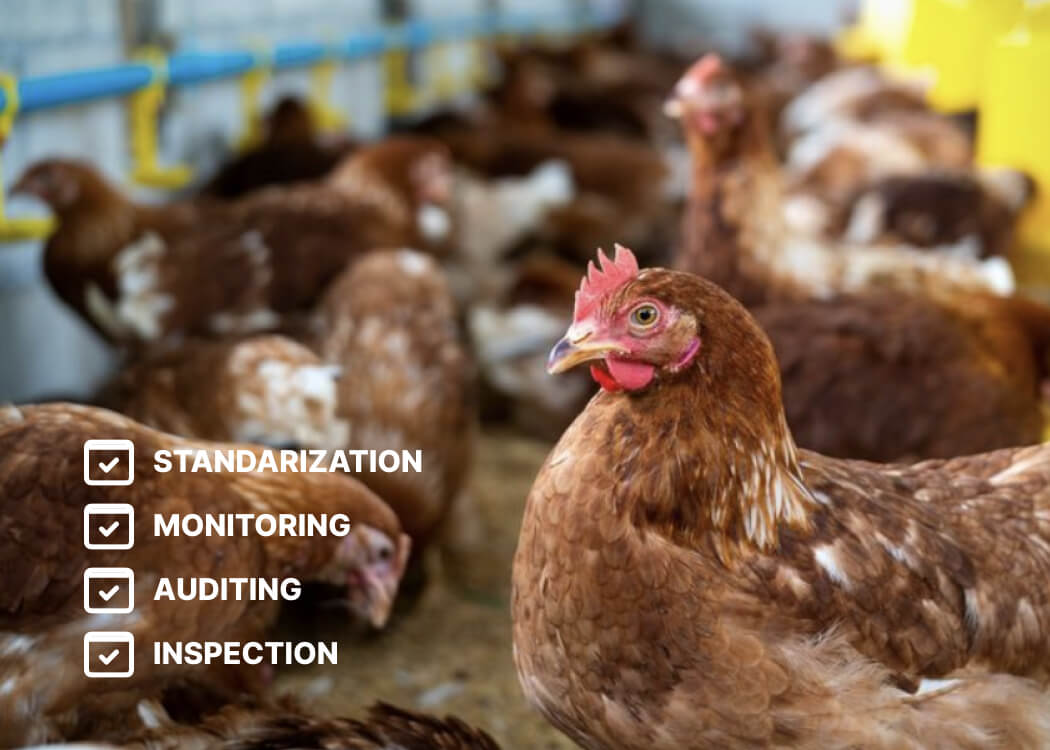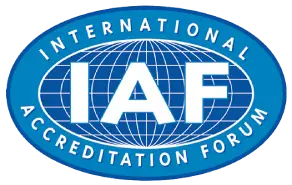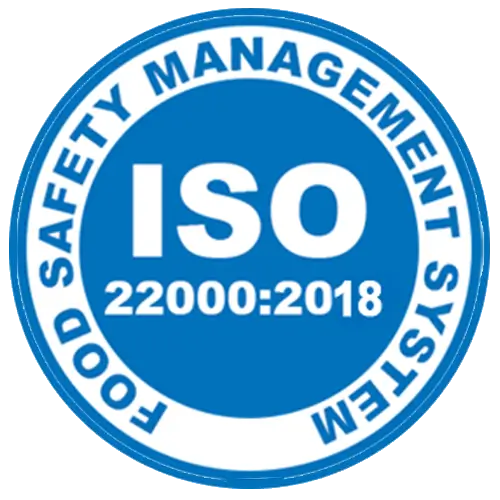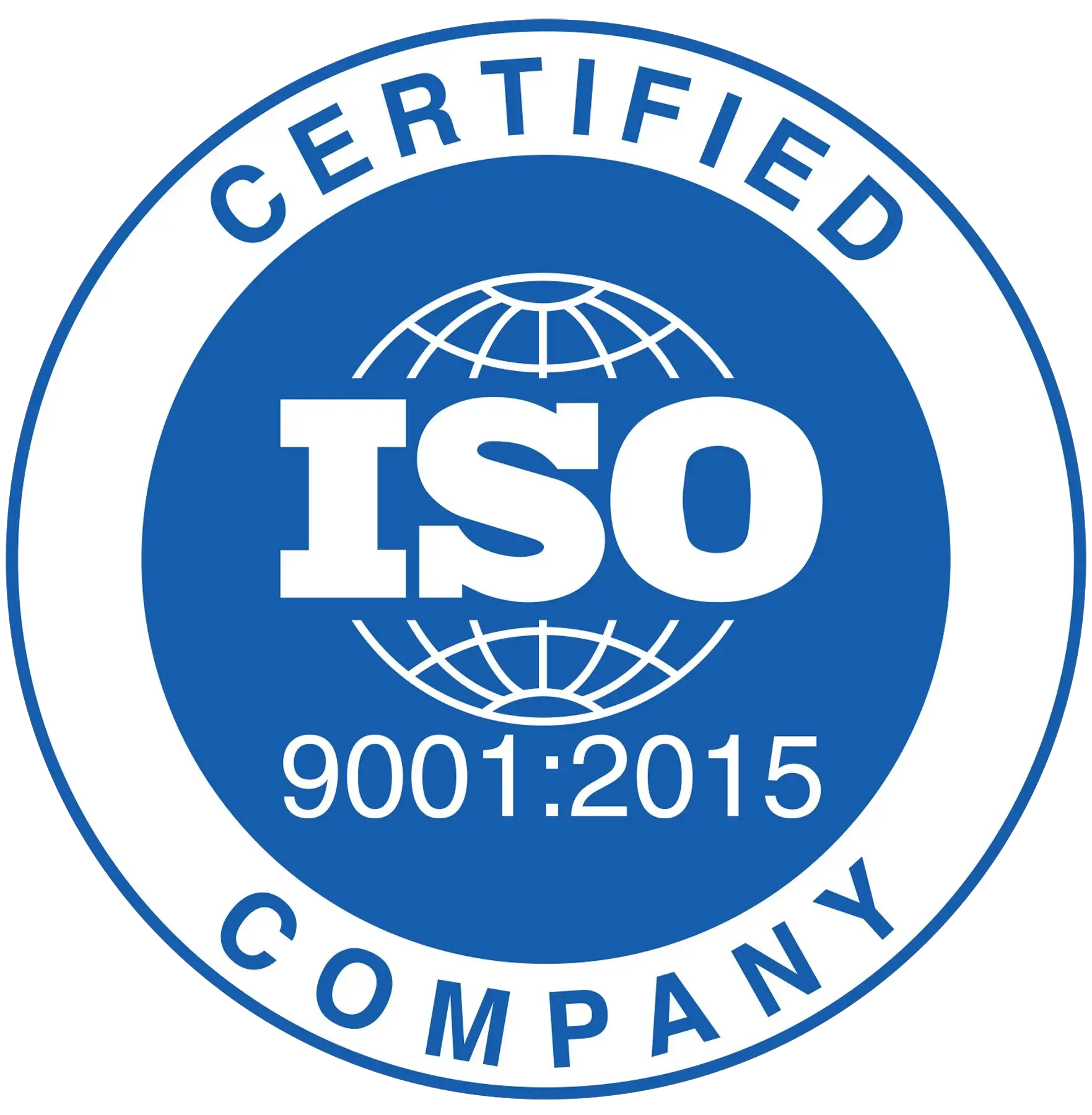Currently, many players in the poultry sector—whether farmers, suppliers/agents, or exporters—have not yet implemented proper standardization in their production processes. However, standardization is a crucial foundation that not only ensures the quality of poultry products but also has a significant impact on managing costs and achieving long-term profitability. At QH Agritech, we recognize the importance of standardization as a strategic step to enhance competitiveness and sustainability in the poultry industry.
Why Standardization is Important for Determining the Cost of Production
One of the main benefits of standardization is its ability to control and stabilize the Cost of Production (CoP). CoP is a critical factor in determining production efficiency and the ability of businesses to optimize profit margins. Without standardization, production costs often become uncontrollable and fluctuate, making it difficult for businesses to set competitive prices.
By implementing strict standardization in every aspect of poultry farming—from breeding selection, feed management, to post-harvest handling—farmers and business players can more accurately predict and manage production costs. This not only helps reduce unnecessary expenses but also creates a more efficient and measurable production process.
The Impact of Standardization on Long-Term Profitability
Beyond managing CoP, standardization plays a crucial role in maximizing long-term profitability. With more efficient and consistent production processes, poultry businesses can improve product quality, opening up opportunities to compete in export markets. The global market demands high-quality standards, and by ensuring that poultry products meet international standards, the opportunity to secure higher selling prices becomes more attainable.
Furthermore, standardization provides certainty and trust for consumers, both in domestic and international markets. With standardized poultry products, consumers are confident they are receiving products that are consistent in quality and safety, which directly increases loyalty and demand.
QH Agritech’s Four Pillars for Achieving Sustainable Standardization
To support poultry businesses in implementing standardization, QH Agritech offers a comprehensive approach through our four main pillars—standardization, monitoring, auditing, and inspection—designed to ensure that every stage of poultry production meets the highest quality standards.
- Standardization
We establish comprehensive guidelines that ensure all processes, from upstream to downstream, are in line with global standards, creating efficiency and consistent quality. - Monitoring
We provide real-time monitoring technology to help businesses accurately track poultry conditions and operations, enabling them to quickly address potential issues. - Auditing
QH Agritech conducts regular audits to ensure that every stage of production complies with applicable regulations, both in local and international markets, minimizing the risk of non-compliance. - Inspection
Through thorough inspections, we verify that poultry products are ready to compete in the market with guaranteed quality, opening up significant export opportunities.
Driving Growth in the Poultry Sector through Standardization
Standardization is not just about maintaining quality; it is a strategic step toward increasing efficiency, reducing costs, and ensuring sustainable profits. With QH Agritech’s support, poultry businesses can improve their operations holistically and be well-prepared to compete in the global market with high-quality, standardized products.
At QH Agritech, we believe that with proper standardization, Indonesia’s poultry sector will continue to grow, enabling significant profits for all stakeholders. Together with us, poultry businesses can build a brighter and more sustainable future, where quality, efficiency, and profitability work hand in hand to achieve long-term success.







